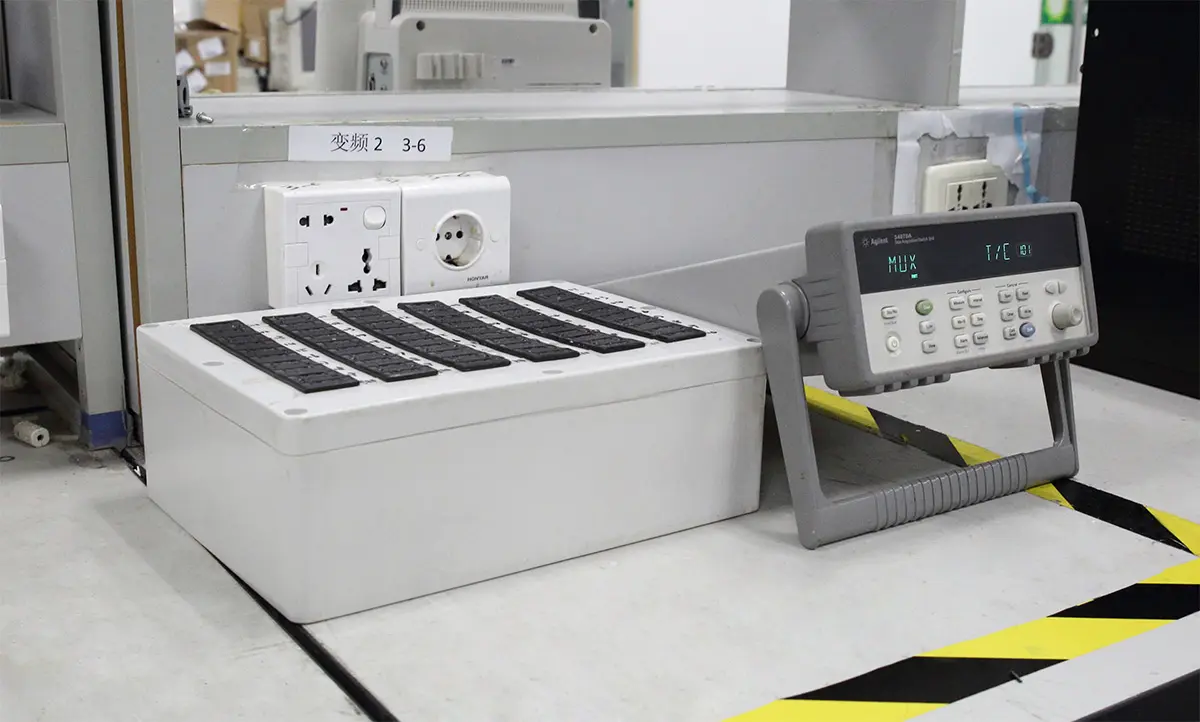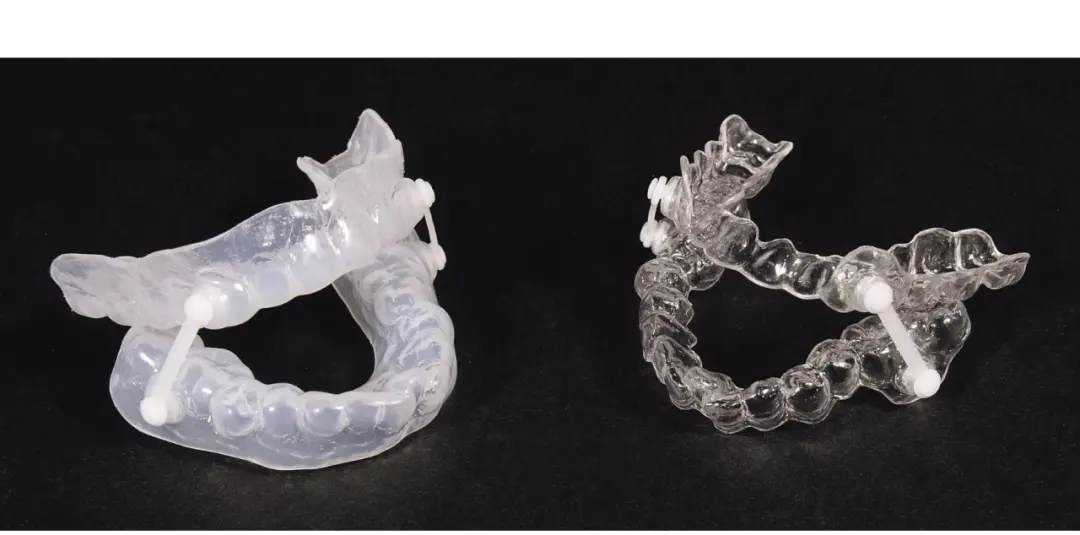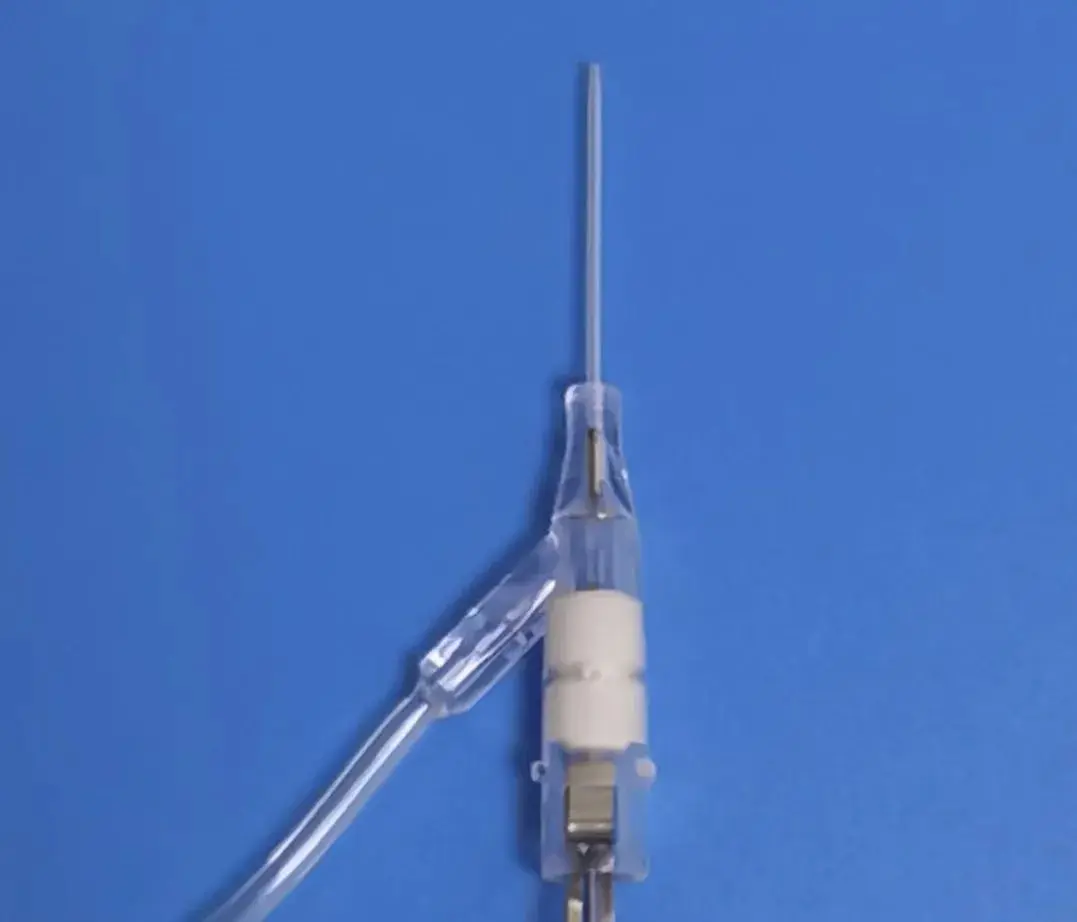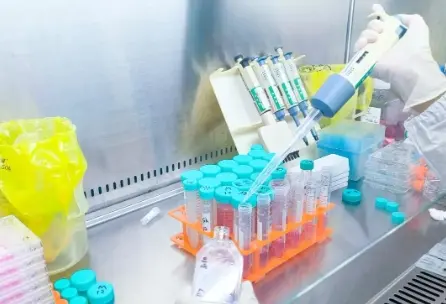
Certifications for Exporting Coffee Makers to the U.S.
An electric coffee maker is a device that brews coffee using electric heating. It typically consists of a heating element, a temperature control system, and a water flow system that includes a water tank, pump, and nozzle. During use, the user adds the specified amount of water into the coffee maker, places the appropriate amount of coffee grounds, assembles and seals all parts properly, and then connects the power to start brewing. The electric coffee maker is simple and convenient to operate, making it a practical coffee brewing device suitable for homes, offices, and other settings.

Certification Requirements for the U.S. Market
To enter the U.S. market, an electric coffee maker must comply with U.S. safety standards for electronic and electrical products. Specifically, it requires FCC certification, which refers to the authorization and regulatory process of the Federal Communications Commission (FCC) for radio, electrical, and electronic products. FCC certification ensures that products sold in the U.S. market meet FCC regulations, preventing interference with other devices and ensuring they do not pose health hazards to users.
Obtaining FCC certification is a necessary requirement for entering the U.S. market, but manufacturers must also comply with other relevant regulations and standards to ensure product compliance and safety.
Scope of FCC Certification
FCC certification covers a wide range of products, including:
- Personal computers and peripherals
- Household electrical appliances and power tools
- Audio and video products
- Wireless devices
The certification process involves testing and evaluation to confirm that products meet FCC technical and safety standards. To obtain FCC certification, manufacturers must determine the product category and applicable FCC regulations, conduct fcc testing, prepare application materials, submit an application, undergo a review process, and receive the certification. The tests typically include electromagnetic compatibility (EMC) and radio frequency (RF) assessments to ensure compliance with FCC requirements.
Required Documents for FCC-ID Product Certification
To apply for FCC-ID certification, the following documents are required:
1. Application form
2. Product sample
3. Product manual
4. Product nameplate
5. Circuit schematic diagram
6. Circuit description
7. Block diagram
8. Authorization letter for certification application
9. Antenna specifications
10. Non-disclosure agreement (NDA)
FCC-ID Certification Application Process
The FCC-ID certification process consists of the following steps:
1. Apply for an FRN (Federal Registration Number)
- If this is the applicant's first time applying for an FCC-ID, they must apply for a permanent Grantee Code (which can be handled by an agency).
2. Prepare the required documents (as listed above).
3. Submit the application to an accredited laboratory.
4. Laboratory conducts testing.
5. The laboratory generates a test report and submits it.
6. The FCC issues the certification.
Once certified, the product can be legally sold in the U.S. market, provided it continues to meet FCC and other applicable regulatory requirements.
Email:hello@jjrlab.com
Write your message here and send it to us
 Toothbrush FDA Certification Testing
Toothbrush FDA Certification Testing
 Snoring Device FDA 510k Standard Testing
Snoring Device FDA 510k Standard Testing
 Single Use Intravenous Catheter Certification Test
Single Use Intravenous Catheter Certification Test
 Silicone Material Product Compliance Certification
Silicone Material Product Compliance Certification
 What to Do If Cytotoxicity Test Results Are Positi
What to Do If Cytotoxicity Test Results Are Positi
 ISO 10993:5 Cytotoxicity Testing Methods
ISO 10993:5 Cytotoxicity Testing Methods
 FDA ISO 10993-1 Biocompatibility Evaluation Guidel
FDA ISO 10993-1 Biocompatibility Evaluation Guidel
 In Vitro Cytotoxicity Testing for Medical Devices
In Vitro Cytotoxicity Testing for Medical Devices
Leave us a message
24-hour online customer service at any time to respond, so that you worry!




